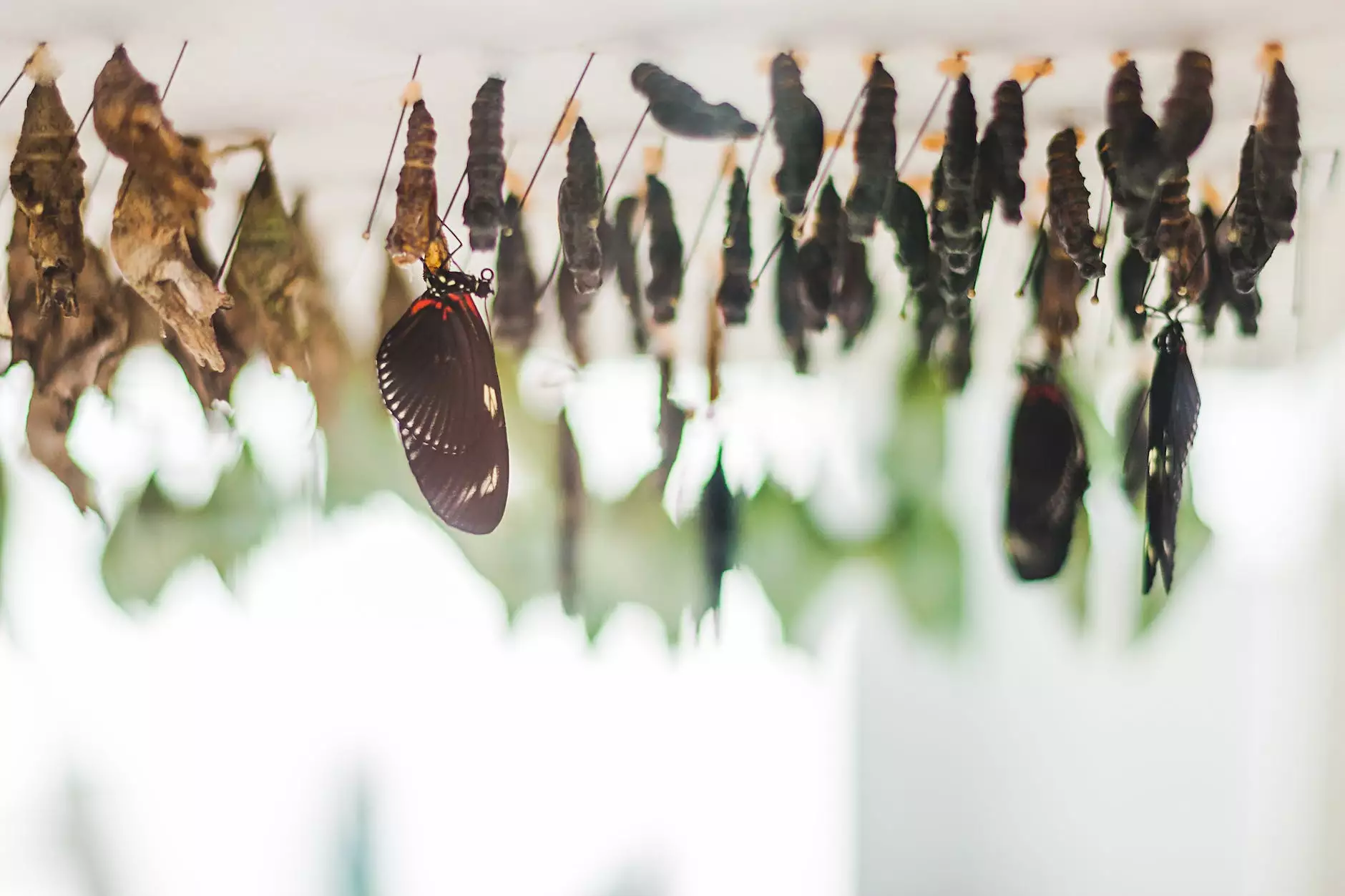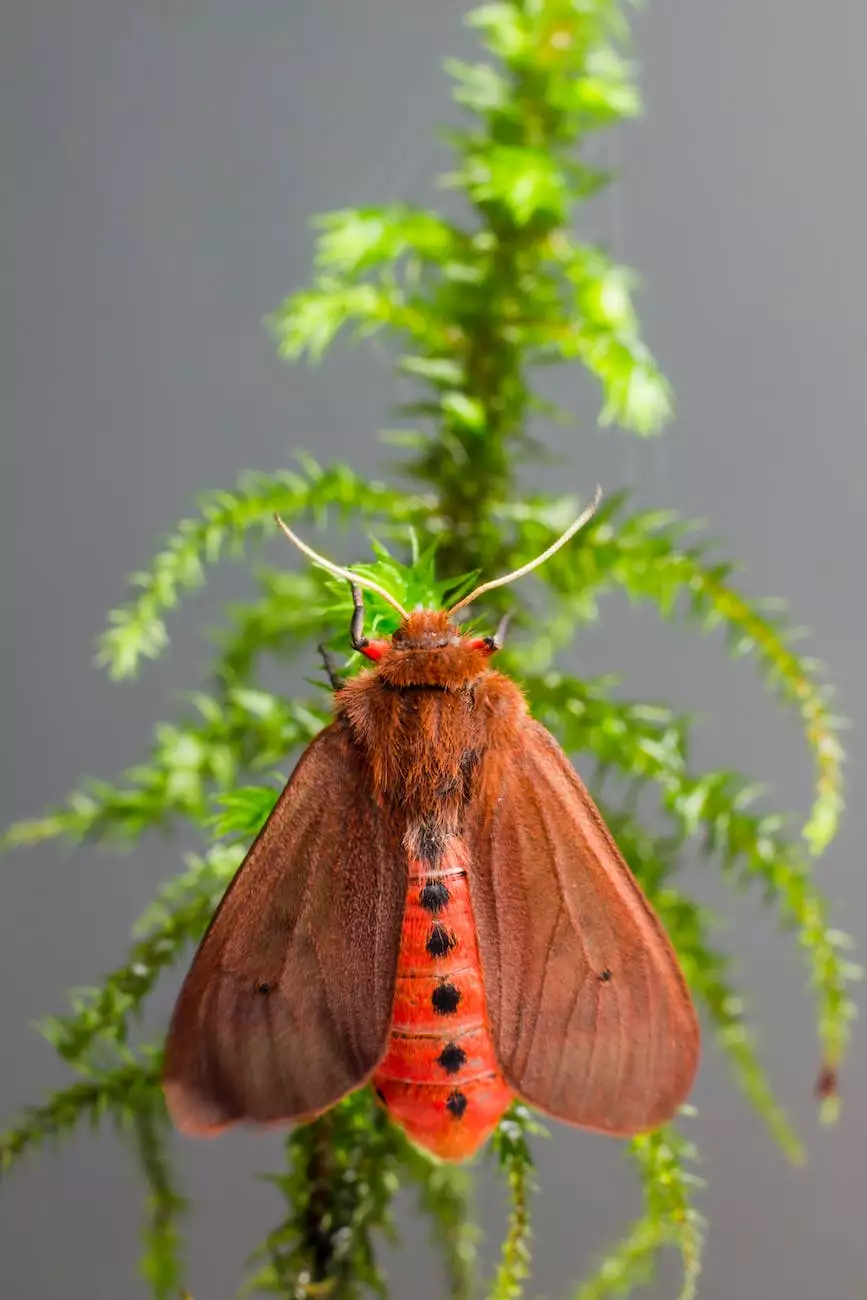Cicada Killer Wasp

Introduction to the Cicada Killer Wasp
The Cicada Killer Wasp, also known by its scientific name Sphecius speciosus, is a fascinating insect that is found in various parts of North America. These large wasps are known for their intimidating size, with females reaching up to two inches in length. Despite their imposing appearance, Cicada Killer Wasps are generally non-aggressive towards humans and are focused on hunting cicadas, which are their primary food source. Understanding the behavior and habits of these creatures is essential for effective control and management.
Identification and Characteristics
Cicada Killers are easily recognizable by their distinct appearance. They have a dark-colored body with yellow markings, including yellow bands on their abdomen. The wings of a Cicada Killer Wasp are amber and slightly smoky in color. Additionally, females have a long, slender ovipositor at the end of their abdomen, while males have a curved spike for immobilizing prey.
These solitary wasps typically emerge in late spring or early summer, coinciding with the emergence of cicadas. The males are usually the first to appear, actively patrolling their territories and aggressively defending them from other males. The females emerge shortly after the males and begin their quest for cicadas to provision their nests.
Nesting Behavior and Life Cycle
Cicada Killer Wasps have fascinating nesting habits. The female wasp digs burrows in well-drained soil, often choosing sandy or gravelly areas. These burrows can extend several feet deep and may have branching tunnels that lead to individual brood chambers.
After capturing a cicada, the female paralyzes it with her sting before carrying it back to her burrow. Once inside the brood chamber, she lays a single egg on the cicada and seals the chamber. The egg hatches, and the larvae develop by feeding on the paralyzed cicada. The larvae can take up to a year to complete their development before pupating and eventually emerging as adult wasps.
Concerns and Impact
Although the presence of Cicada Killer Wasps can be alarming due to their size and territorial behavior, they pose minimal risks to humans. The males may exhibit territorial aggression but are stingless. Females, on the other hand, possess stingers but are generally not aggressive towards humans unless directly handled or threatened.
However, the burrowing activity of these wasps can sometimes cause concern, especially when their nests are located near high-traffic areas or in mulched landscapes. The appearance of numerous burrows in a localized area may also raise alarm among property owners.
Professional Cicada Killer Wasp Control
If you're experiencing issues with Cicada Killer Wasps on your property, it is crucial to seek professional help for effective control and management. Kodiak Tree Experts, a trusted name in the field of pest control, offers comprehensive solutions to deal with these insects in a safe and environmentally friendly manner.
Our team of experienced professionals understands the behavior of Cicada Killer Wasps and employs tailored strategies to address infestations. We utilize proven techniques and specialized equipment to locate and treat the burrows safely, minimizing any potential risks or disruptions to your property.
At Kodiak Tree Experts, we prioritize customer satisfaction and are committed to providing exceptional services. Our knowledgeable staff is equipped to answer any questions you may have and offer expert advice on preventing future infestations.
Contact Kodiak Tree Experts Today
Don't let Cicada Killer Wasps become a nuisance on your property - contact Kodiak Tree Experts today to schedule an appointment with our skilled pest control team. We are dedicated to protecting your home and ensuring the safety and comfort of your family.
Trust Kodiak Tree Experts for reliable and effective Cicada Killer Wasp control services. With our expertise and commitment to excellence, you can enjoy a pest-free environment all year round.
Reach out to us now and take the first step in reclaiming your property from these pesky insects.




